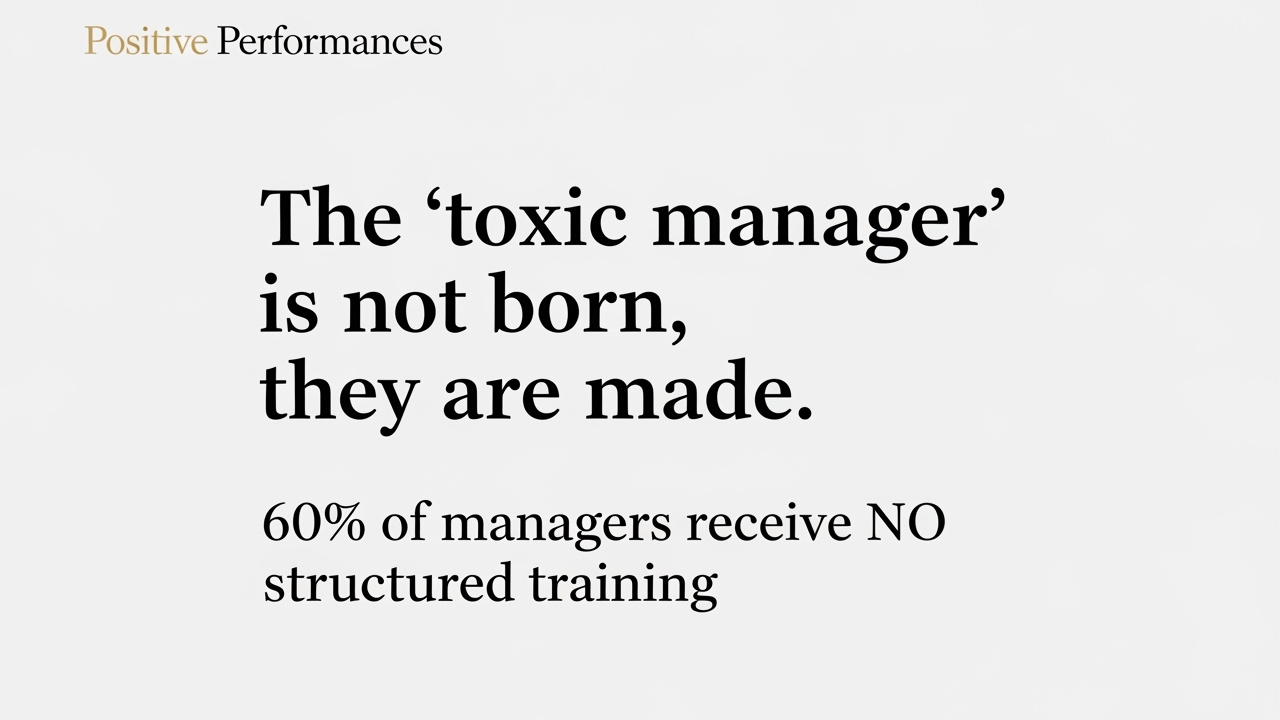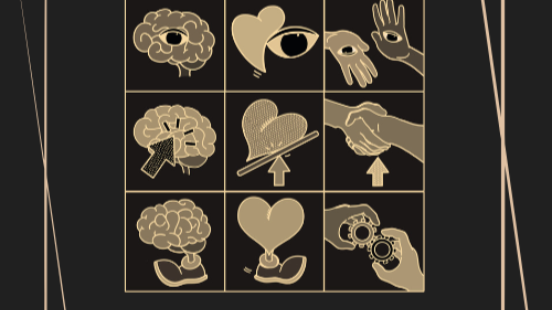Competency 20 - The Ability to Be Assertive and Say No
Transforming Conflict into Growth:
Social Competencies: Solving Various Difficulties
Specific Competency: The Ability to Be Assertive and Say No
Statement: Being assertive and knowing when to say no are crucial skills for maintaining your boundaries, protecting your well-being, and ensuring that you remain focused on your priorities. This competency is essential for solving difficulties effectively and managing your time and energy.
Introduction
As we continue to build on the competencies that help us navigate life’s challenges, we turn our focus to the ability to be assertive and say no. In a world that often demands more than we can give, knowing how to set boundaries is a vital skill. Assertiveness isn’t about being aggressive—it’s about standing up for your needs and values while respecting others. Saying no when necessary is a powerful way to protect your mental health, maintain balance, and stay true to your goals.
What is Assertiveness?
Assertiveness is the ability to confidently express your thoughts, feelings, and needs in a clear, direct, and respectful manner. It involves standing up for your own rights and boundaries while also respecting the rights and boundaries of others. Assertiveness is about finding a balance between passivity and aggression—communicating in a way that is neither overly submissive nor confrontational, but rather, firm and fair.
The Importance of Being Assertive and Saying No
Being assertive means expressing your thoughts, feelings, and needs in a clear and respectful way. It’s about having the confidence to stand by your decisions and communicate them effectively, even when it’s uncomfortable. Saying no is an integral part of assertiveness—it’s about recognising your limits and not overcommitting yourself. Research shows that assertiveness is linked to higher self-esteem, better stress management, and stronger relationships.
How Previous Competencies Enhance the Ability to Be Assertive and Say No
- Self-Knowledge (Competency 1): Understanding your values, priorities, and limits is essential for knowing when and how to assert yourself.
- Constructive Decision-Making (Competency 7): Making responsible decisions includes recognising when to say no in order to focus on what truly matters.
- Understanding Emotions and Stress (Competency 9): Recognising when stress is building up can be a cue to set boundaries and say no to additional demands.
- Expressing Emotions Positively (Competency 11): Assertiveness is about expressing your needs and emotions in a way that is both clear and respectful.
- Effective Communication (Competency 16): Clear and confident communication is key to being assertive and ensuring that your boundaries are understood and respected.
- Critical Thinking Skills (Competency 2): Critical thinking allows you to evaluate situations objectively, helping you determine when it’s appropriate to say no and stand firm in your decision.
- Mindful Awareness of Inner Experiences (Competency 4): Being mindful of your internal experiences helps you recognise when you are feeling overwhelmed, making it easier to assert your boundaries and say no.
- Goal Achievement Skills (Competency 6): Being clear about your goals helps you prioritise your commitments, making it easier to say no to distractions or demands that don’t align with your objectives.
- Managing Difficult Emotions (Competency 12): Managing difficult emotions, such as guilt or fear, is crucial when asserting yourself and saying no. It helps you navigate the emotional challenges that often accompany boundary-setting.
- Developing Social Bonds (Competency 17): Strong social bonds are built on mutual respect and understanding. Being assertive and setting boundaries can actually strengthen these bonds by fostering honest and open communication.
Part A: Start By Yourself
Objective: Develop the ability to be assertive and say no by recognising your limits and expressing your needs clearly.
Instructions:
A) Reflect on Past Experiences:
- Identify a Time You Struggled to Say No: Think of a recent situation where you found it difficult to say no. What were the consequences? How did it affect your stress levels and overall well-being?
- Evaluate Your Assertiveness: Reflect on your approach to the situation. Were you able to express your needs clearly? What could you have done differently?
B) Practice Saying No:
- Identify Your Priorities: Consider your current commitments and responsibilities. What are your top priorities? What are the things that don’t align with your goals or values?
- Set Boundaries: Practice saying no in situations where you feel overcommitted or where the demands don’t align with your priorities. Be clear and respectful in your communication, and stand firm in your decision.
C) Alternative Ways to Practice Assertiveness:
- Role-Playing: Practice assertiveness in a safe environment by role-playing scenarios where you need to say no.
- Write It Down: If saying no verbally is challenging, try writing down your response first. This can help you clarify your thoughts and build confidence.
Benefits:
- Protects your mental and emotional well-being.
- Helps maintain focus on your priorities and goals.
- Builds confidence and strengthens relationships through clear communication.
Part B: Share with Pairs, Family, or Friends
Objective: Develop the ability to be assertive and say no together by supporting each other in setting boundaries.
Instructions:
A) In Pairs or Groups:
- Share a Situation Where You Need to Be Assertive: Each person shares a current situation where they need to say no but are struggling to do so. Discuss the challenges and brainstorm ways to approach the situation assertively.
- Role-Playing Exercise: Practice assertiveness with your group by role-playing scenarios where you need to say no. This helps to build confidence and refine the skill.
B) Support Each Other in Setting Boundaries:
- Encourage Clear Communication: Foster an environment where assertiveness is encouraged and respected. Discuss how setting boundaries can benefit everyone involved.
- Celebrate Assertive Actions: When someone successfully sets a boundary and says no, celebrate it. This reinforces the value of assertiveness and boundary-setting.
C) Reflect Together:
- Discuss Learnings: Reflect on what was learned from practising assertiveness. How did it feel? What was the response from others? How did it impact your stress levels and overall well-being?
- Plan for Future Challenges: Make a plan to continue practising this skill in daily life. Set goals for how and when to assert yourself in future situations.
Tips:
- Remember that saying no is not only about protecting your well-being but also about sticking to your priorities and reaching your goals.
- Be clear and respectful when communicating your boundaries.
- Support others in their efforts to be assertive by respecting their boundaries.
Benefits:
- Reduces stress and prevents burnout by avoiding overcommitment.
- Strengthens self-esteem and confidence through clear, assertive communication.
- Enhances relationships by fostering mutual respect and understanding.
Join the Journey By integrating these competencies into your daily life, you can improve your mental health, build stronger relationships, and better handle life's challenges. Stay tuned for the final competency in this series!
Want to take it further, reach out and let's talk ;-)
Let'st work together, book me or my team for coaching, keynotes, training and consulting.
In the meantime,
Take care,
Krumma
PS: click here for the free mental fitness app that might change your life and your relationships https://positive-performances.passion.io/











